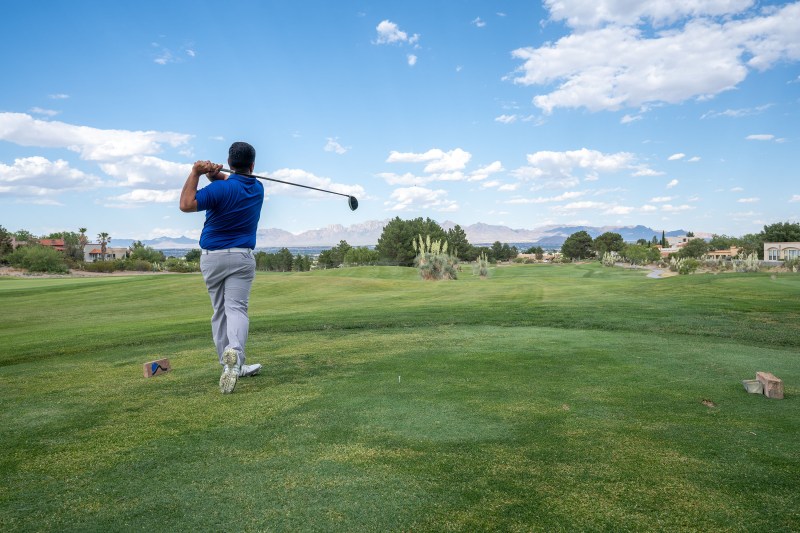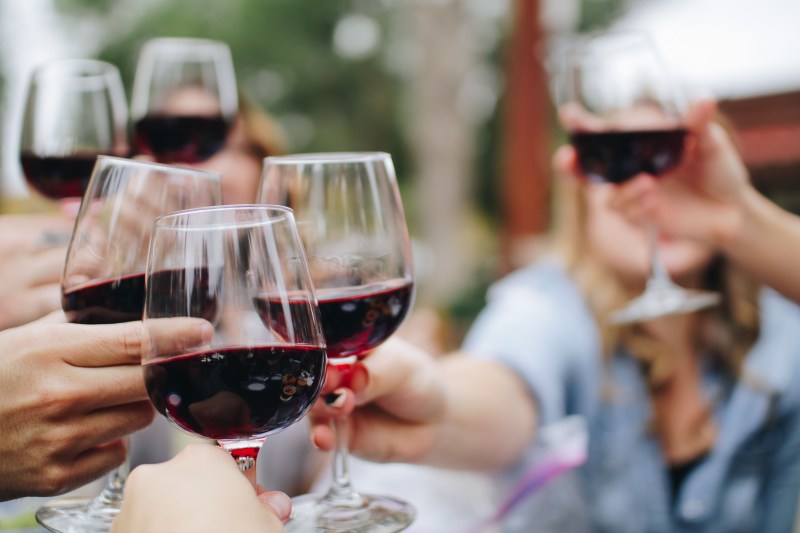The mere mention of a country club evokes a certain image. Whether you’re a long-time member or have only experienced them through movies like Caddyshack and yes, High School Musical 2, you can perfectly envision the sweeping lawns of bright green grass, the clean and luxurious facilities, and the fastidious, upscale appearance of the members. But how did these member-only clubs first begin? And why were they called “country clubs” to begin with? Keep reading to learn about the interesting (and occasionally shameful) history of country clubs.

How did country clubs get their name?
Country clubs originated in Scotland, but their American journey actually begins in China. In the 1860s, a young Bostonian named James Murray Forbes relocated to Shanghai for business. Forbes helped his family’s trading business, which trafficked spices, teas, and silks. The business was wildly successful, giving Forbes and his other trading buddies the cash needed to start their own social club in the city. They named the Shanghai club “The Country Club.”
Eight years later, Forbes returned to Boston with an excess of wealth. In 1882, he formed another club just outside of the city in Brookline. The sporting clubs offered facilities for croquet, lawn tennis, bowling, and golf (though not until later). He named this club after his original Chinese club. Soon after, the phrase passed into the mainstream, with Harper’s magazine using the phrase in 1895 to claim Forbes’ organization was the “essence of ideal country-club life.”

The nation’s first country club
In the latter half of the nineteenth century, many affluent Boston families chose to move to Brookline and other newly developed suburbs. As the suburb grew, residents flocked to the country club, which presented an opportunity to socialize and showcase their affluence by engaging in more elite pursuits and recreation. Unlike downtown clubs, which were exclusively open to male members, many country clubs allowed women to spend leisure time with their husbands. Though they were not originally given full membership privileges, wives and daughters could participate in club activities.
When golf was added to The Country Club’s offerings, it stirred up a fair amount of controversy. Lovers of the new game went against Massachusetts’ Blue Laws, which restrict business operations on Sundays and holidays. These Sunday golfers led many to believe the game was corrupting public morals. And, one Sunday, more than 30 members were arrested for golfing.
A sordid past and uncertain future
The Brookline club provided a model for similar clubs around the country. By the time the 1900s rolled around, there were more than 1,000 clubs in the US, with at least one in every state and territory. If you’re googling “country clubs near me,” you’re still in luck. There are 9,052 golf courses and country clubs in the US in 2022.
While many things have changed about country clubs over the years, some remain the same. One of the main draws of the original club was exclusivity. New members had to be invited to join, allowing the elite to exclude people based on their social, racial, or religious background. These restrictive policies were commonplace at country clubs and barred Jewish people, Catholics, and African Americans from membership. The restrictions remained in place well into the late twentieth century (and may still be informally in place today).
Despite the abundance of country clubs still in business, their future remains uncertain. Over the last five years, the number of golf and country clubs has declined an average of 1.6% per year. Younger generations just aren’t as interested in country clubs as past generations. Due to their reputation for discrimination, expensive membership fees, and old-fashioned rules, country clubs may end up another casualty of the millennial lifestyle.
From a Shanghai hangout to a refuge for Boston’s elite, the country club has come a long way since its conception. Their history of discrimination and exclusion has many wondering whether these outdated institutions still have a place in the modern world. But no matter how you feel about them in their current state, it appears—at least for now—that country clubs are here to stay.



